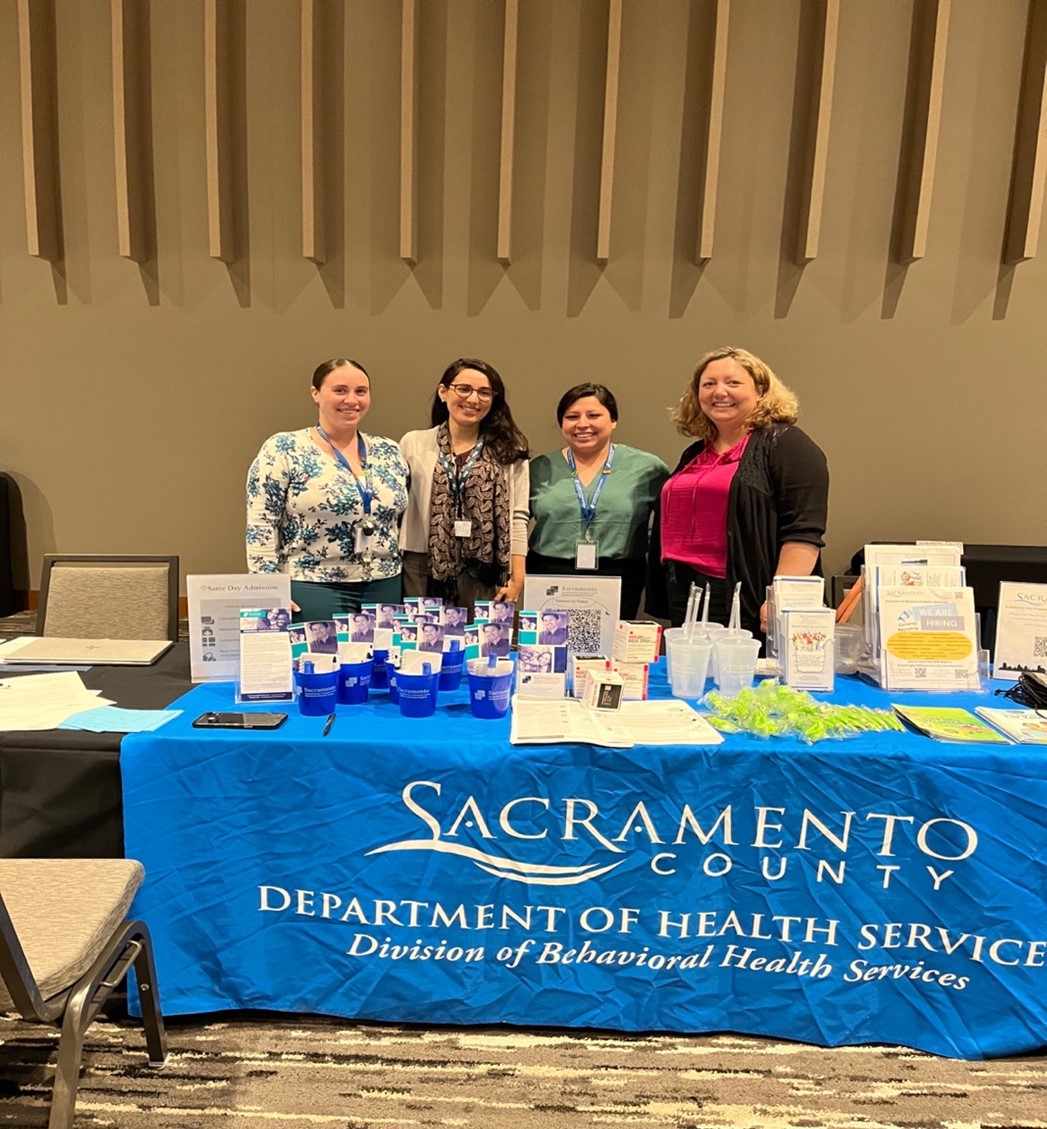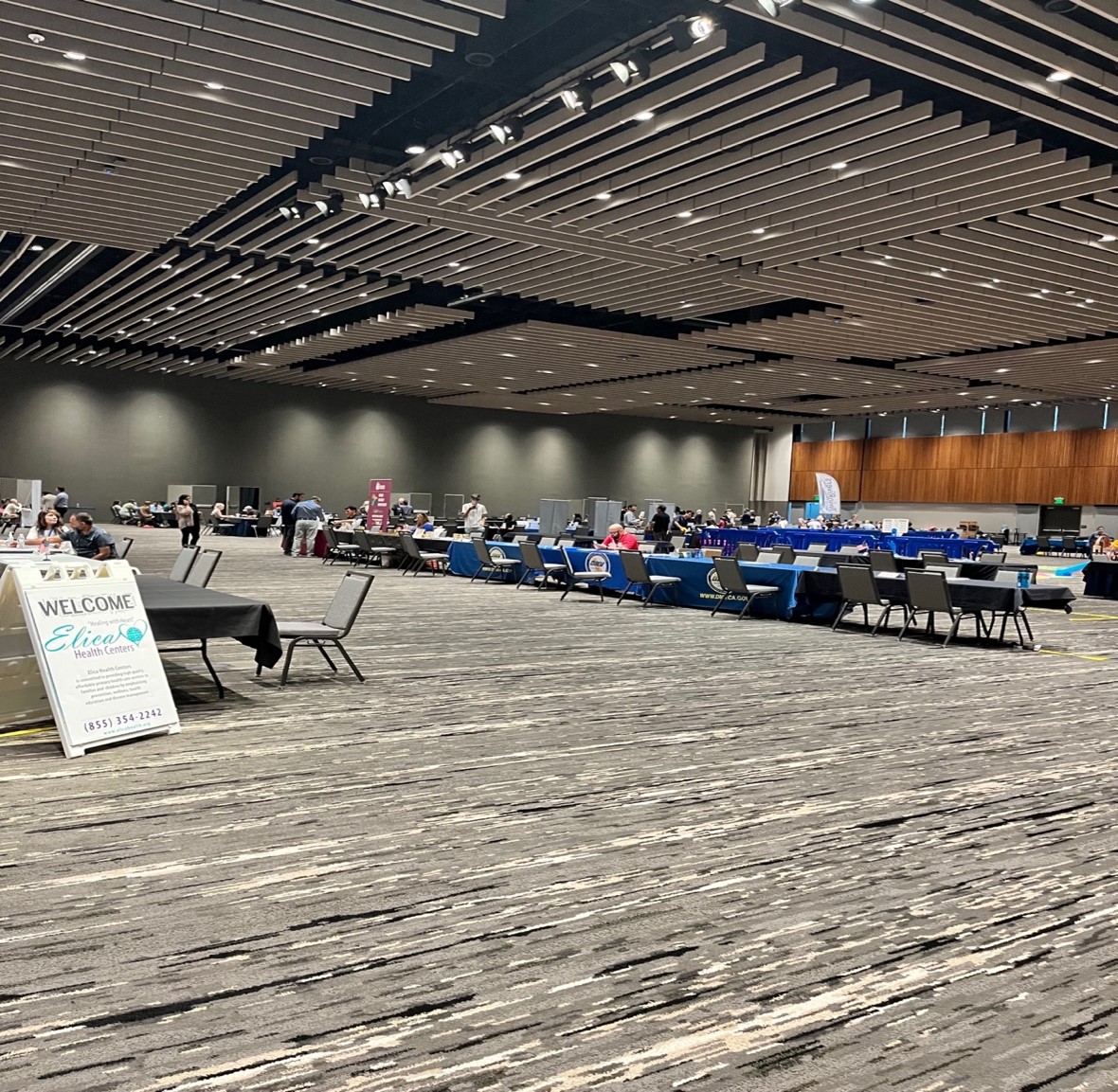I was born in Kabul, Afghanistan during a political crisis in 1996 when the Taliban seized control of the government. My family fled oppression in Kabul to our village in the northern region of Afghanistan, undertaking a journey that spanned days and nights, crossing mountains, and traversing the great Khawak pass on foot. After the entrance of NATO allies, we moved back to Kabul in 2002 where my parents left their lives and hopes. I started primary school in tents as the school buildings had been destroyed during the civil war and there was a lack of infrastructure and development amid the political turmoil before 2001.
In the past 2 decades of the post-war era, despite social challenges for women in a male-dominant society, political instability, and war, women had the opportunity to educate, work, and be socially and politically active. Therefore, I had the opportunity to access education and have my parent's support to fight against all odds to continue it. Our dreams of having a liberal and educated Afghanistan and Afghans were dashed due to the change in government, leading to my decision to flee Afghanistan, leaving behind my home and loved ones. Securing a scholarship from UCSF for a Master's in Global Health Science, I found myself among the fortunate few who were/are stuck in Afghanistan without hope for a better future.
Having experienced life in a war zone area, post-war era, displacement and finally being a refugee, I understand the challenges faced by those in dire living situations, experienced a traumatic journey and dealing with unique challenges during the resettlement process in the host countries. Acknowledging that over four decades of war, political instability, poverty, ongoing violence, and the threat of the Taliban have forced hundreds of thousands of Afghans to seek refuge in neighboring countries like Iran and Pakistan or asylum in Europe and the US, it becomes apparent that these prolonged challenges can profoundly affect mental health, physical well-being, shape cultural beliefs, influence the level of human development, and impact the perception of social norms and phenomena, as well as social interactions.
Understanding and experiencing the context of this specific group led me to focus on Afghan refugees, for my Capstone project, I assessed the barriers and facilitators to accessing resettlement services for recently resettled Afghan refugees in the Sacramento area of California. However, the history of Afghan refugee resettlement in the United States dates back to significant political events from 1920 to the 2000s. In recent times, more than 80,000 Afghans have sought refuge in the United States, with many settling in California, particularly in the Sacramento area due to its lower cost of living.
To better understand their challenges, I conducted interviews with key informants who have first-hand information about Afghan refugees and working either for the resettlement organizations or are involved in providing refugee-related health services. I recruited participants from various health and non-health organizations such as academia/education, advocacy & philanthropic NGOs.
I conducted most of the interviews in Sacramento and had the incredible opportunity to attend the Afghan Support Center, hosted by the U.S. Citizenship and Immigration Services at the SAFE Credit Union Convention Center in Sacramento. I immersed myself in this center, gaining invaluable firsthand experience and insights into the available services and support provided to Afghan refugees during their resettlement process. One particular highlight was the opportunity to conduct interviews with the dedicated providers at the Sacramento CTC (Comprehensive Treatment Center). They are providing Medication-assisted treatment, consulting services, and mental health support for those who are addicted. The providers also shed light on the significant barriers they face in delivering these services to Afghan refugees. The high burden of drug abuse and the stigma surrounding addiction remains a major challenge, making it difficult for individuals to seek the help they need and finally, in some cases lead to domestic violence. Additionally, there is a shortage of language and culturally competent mental health service providers, hindering effective communication and understanding between providers and patients. Furthermore, the lack of insurance coverage for these essential services poses a significant obstacle. Meanwhile, many Afghan refugees are unaware of the options available to them regarding medical insurance, making it challenging to access the necessary funding for their treatment and support.
Additionally, the absence of adequate family support further complicates the recovery journey for patients who are addicted. Another notable challenge highlighted by the providers is the difficulty in linking patients to the available services and clinics. The complex network of resources and the absence of streamlined processes make it harder for Afghan refugees to navigate the system effectively. Overcoming these hurdles requires a collaborative effort and providing holistic services to ensure seamless access to the support they need.
According to the interview with a health services provider, lack of access to insurance for specific services such as mental health is another barrier to accessing mental health services, after addressing problems with stigma and availability of culturally competent providers.
"Counseling sessions and therapy sessions are usually not covered by insurance (Medical). So, we need to fix that first before physicians have time to talk to their patients about mental health.”
Overall, the results from the interviews suggest a complex pattern of systemic barriers with cultural context, and interpersonal and individual-level issues. In identifying the obstacles, our analysis revealed three primary themes. The first theme "Communication Barriers," encompasses challenges related to language, culture, and limited literacy. The second theme, "Barriers to Mental & Sexual Health and Domestic Violence Services," encompasses issues such as cultural gender roles, family shame, awareness, and trust. Lastly, the third theme, "System and Policy-Level Barriers," encompasses challenges like fragmented services, prolonged waiting times, bureaucratic procedures, difficulties in navigating the system, insufficient funding and resources, legal documentation, and immigration issues.
The study underscores the urgency of tailoring programs and support services to the cultural context, securing adequate funding, and dismantling systemic barriers to ensure effective resettlement, especially for Afghan women who confront educational disparities rooted in cultural norms and structural violence in their home country. The implications for service providers and policymakers are substantial, necessitating a nuanced understanding of barriers at the individual, systemic, and policy levels.


